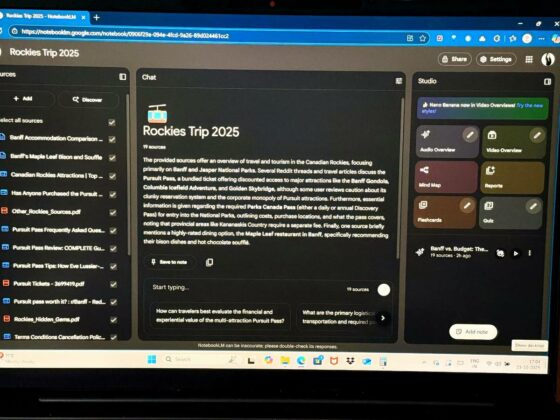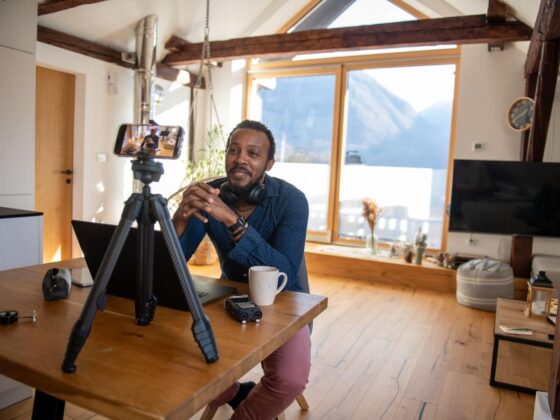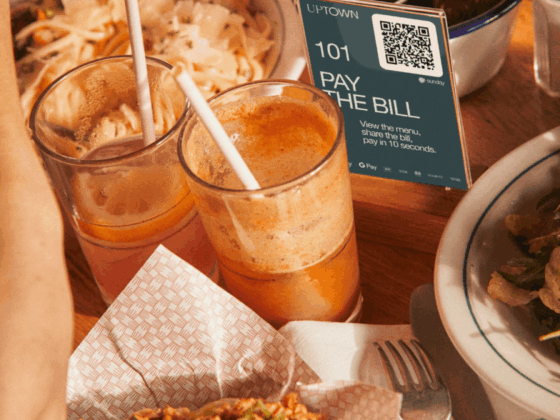
Manual accounting may seem like a manageable process—especially for small hospitality operations—but the reality is far more costly than it appears on the surface. From labor-intensive data entry to delayed financial insights, manual systems create inefficiencies that ripple across the business. In today’s hospitality landscape, where margins are tight and customer expectations are high, these inefficiencies can undermine growth and profitability.
The hospitality sector is evolving rapidly, driven by multi-channel bookings, dynamic pricing models, and diverse revenue streams. As a result, the need for automation in accounting processes is becoming a business-critical requirement. Automated accounting solutions streamline workflows, reduce errors, and give decision-makers real-time visibility into performance—allowing operators to focus on service excellence and strategic growth.
1) Labor Costs and Inefficiency
Manual accounting demands significant human input for tasks such as invoice processing, reconciliations, ledger updates, and tax calculations. In a hotel or resort, these processes are often repeated for multiple revenue streams—room bookings, F&B outlets, events, spa services, and retail sales.
Each step requires time, which directly translates into labor costs. Even highly skilled staff can only process so much data in a workday, and peak seasons can create bottlenecks that slow decision-making. For multi-property operations, these delays multiply, making it harder to get an accurate financial picture across the portfolio.
Outsourcing the accounting for your hotel or resort can dramatically reduce these costs by eliminating repetitive manual tasks. By integrating property management systems (PMS), point-of-sale (POS) platforms, and accounting software, financial data flows automatically, allowing teams to focus on analysis rather than entry. This not only reduces payroll expenses but also helps retain finance staff by shifting their roles toward more strategic, value-driven activities.
2) Increased Risk of Error and Financial Inaccuracies
Human error is an unavoidable part of manual accounting. Mistyping numbers, misclassifying expenses, or overlooking a transaction can cause significant discrepancies in financial statements. For hospitality operators, even small errors can have outsized consequences—affecting cash flow, compliance, and investor confidence.
Financial inaccuracies can also impact operational decisions. If a hotel’s revenue from conference bookings is overstated due to a reporting error, management might allocate resources incorrectly—potentially missing opportunities in more profitable segments.
Automation addresses these risks by ensuring that data is captured directly from operational systems with minimal human intervention. Automated checks and reconciliations can flag anomalies instantly, reducing the risk of undetected errors. This is especially critical for compliance with tax regulations and for producing accurate reports for lenders, investors, and stakeholders.
3) Slower Decision-Making and Missed Opportunities
In hospitality, timing is everything—whether it’s adjusting room rates to capture demand spikes, launching a last-minute package deal, or reallocating staff based on occupancy forecasts. Manual accounting slows access to real-time financial data, leaving decision-makers to work with outdated information.
Delayed insights can mean missed opportunities. For instance, if F&B margins start shrinking due to rising supplier costs, a manual accounting process may not highlight the issue until the month-end close. By that time, the property may have already lost weeks of potential corrective action.
Automated accounting solutions provide real-time dashboards and reports, enabling managers to respond quickly to operational shifts. This speed translates into better revenue management, tighter cost control, and improved guest experiences.
How to Overcome the Hidden Costs of Manual Accounting?
The first step in overcoming the hidden costs of manual accounting is recognizing the true impact on operational efficiency, financial accuracy, and strategic agility. Transitioning to automated solutions requires investment, but the return comes quickly in the form of reduced labor costs, fewer errors, and faster decision-making.
Key strategies include:
- Integrate Core Hospitality Systems: Ensure your PMS, POS, and accounting platforms communicate seamlessly. This reduces data duplication and creates a single source of truth for all financial records.
- Standardize Financial Workflows: Develop consistent processes for revenue categorization, expense allocation, and reconciliation across all properties or departments. Automation can then enforce these standards.
- Invest in Scalable Solutions: Choose platforms that can grow with your business. As you add properties, outlets, or service offerings, the accounting system should accommodate increased complexity without requiring significant manual intervention.
- Train Teams on New Processes: Automation doesn’t eliminate the need for skilled finance staff—it frees them to focus on analysis and strategy. Providing training ensures they can fully leverage new tools.
- Leverage Real-Time Analytics: Use automated reporting features to monitor key metrics daily or even hourly. This enables quick responses to changing market conditions or operational challenges.
Conclusion
The hospitality industry thrives on precision—delivering the right experience at the right time for each guest. Manual accounting disrupts that precision, creating delays, errors, and hidden costs that directly impact profitability. In contrast, automated accounting empowers operators with timely, accurate data that supports better decisions and more agile operations.
For hospitality leaders, the message is clear: the hidden costs of manual accounting are too high to ignore. By embracing automation, properties can improve efficiency, safeguard accuracy, and position themselves for sustainable growth in an increasingly competitive market.
Jenna Patterson
Head of Partnerships at Ximplifi
Ximplifi








